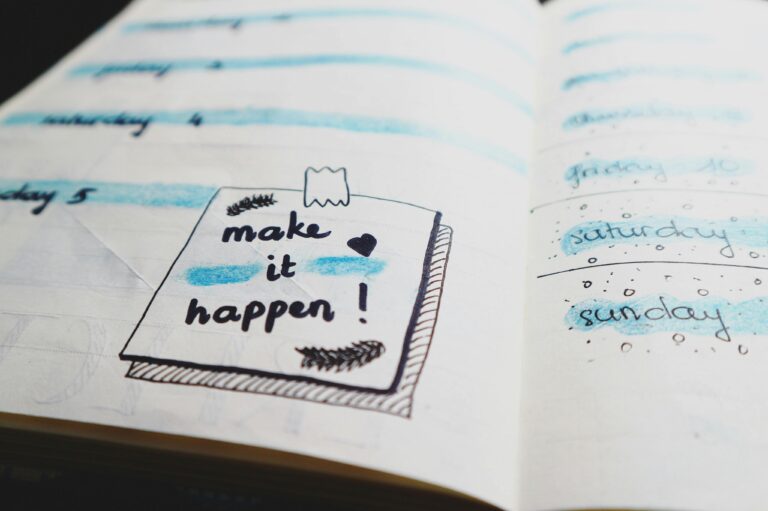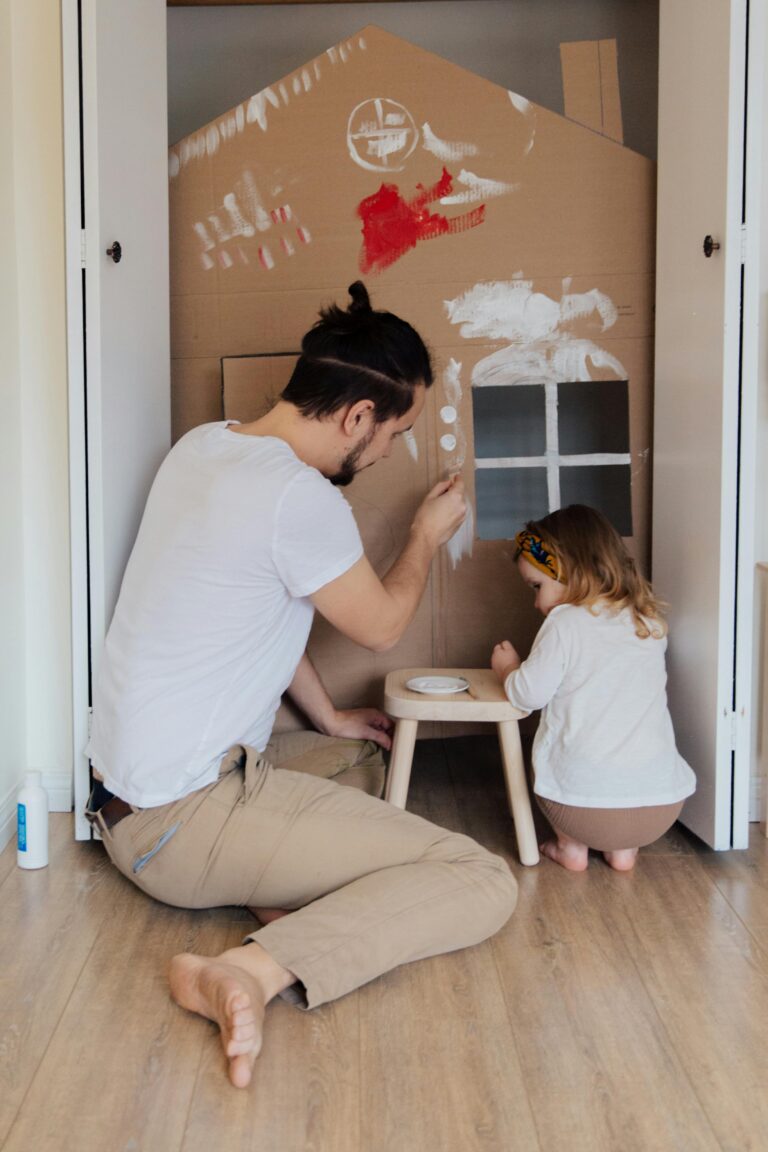Trust isn’t something you have, it’s something you build, brick by brick, choice by choice.
After years of counseling couples through trust crises, I can tell you exactly what separates relationships that survive from those that crumble: intentional trust-building.
Not wishful thinking or blind faith, but actual practices that create genuine security between partners.
Here’s what most people don’t realize: trust isn’t just about not cheating.
It’s about feeling safe enough to be your real self, knowing your partner has your back when life gets messy. It’s believing they’ll show up, even when showing up is hard.
Whether you’re recovering from broken trust or just want to strengthen what you already have, these exercises will transform how you connect with your partner.
What Are Trust Building Exercises?
Trust building exercises are intentional activities that create emotional transparency and safety between partners.
Think of them as relationship strength training. Just like you wouldn’t expect to run a marathon without training, you can’t expect deep trust without deliberately building it.
These exercises work because they:
- Force vulnerability in safe, controlled ways
- Create positive shared experiences that reinforce partnership
- Build communication skills that prevent misunderstandings
- Establish patterns of reliability that compound over time
- Reveal your authentic self to your partner gradually
The goal isn’t perfection, it’s creating a foundation strong enough to handle imperfection.
Benefits Of Trust Building Exercises For Couples

Before we get into specific exercises, let’s talk about why this work matters so much. FYI, these aren’t just nice-to-haves; they’re relationship essentials.
Trust-Building Exercises Improve Communication
When you trust your partner, you communicate differently. You stop hiding, editing, or softening everything you say. You share the messy truths, not just the polished versions.
I’ve watched couples transform their communication through trust exercises.
They go from surface-level small talk to genuine conversations about fears, dreams, and everything in between.
That depth of communication creates intimacy that physical attraction alone can’t sustain.
Trust-Building Exercises Enhance Emotional Intimacy
Emotional intimacy requires vulnerability, and vulnerability requires trust. It’s a beautiful cycle when it works.
Trust exercises create safe spaces where both partners can:
- Share difficult emotions without judgment
- Express needs without fear of rejection
- Admit fears without appearing weak
- Show their authentic selves completely
Use relationship apps like Paired or Lasting to guide deeper emotional conversations when you’re not sure where to start.
Trust-Building Exercises Strengthen Conflict-Resolution Skills
Couples who trust each other fight differently. They assume good intentions, listen to understand, not just to win.
They work as a team against the problem, not against each other.
These conflict skills don’t just help your relationship, they improve every interaction in your life.
Trust exercises teach you how to disagree without destroying connection.
Trust-Building Exercises Deepen Connection And Understanding
The most connected couples are the ones who know each other deeply, not just favorite foods and annoying habits, but core values, childhood wounds, and secret dreams.
Trust exercises force you past surface-level knowledge into genuine understanding. You learn not just what your partner does, but why they do it.
That understanding creates compassion that survives hard times.
Trust-Building Exercises Increase Long-Term Relationship Stability
IMO, the strongest predictor of relationship longevity isn’t passion or compatibility, it’s trust. Passion fades.
Compatibility shifts. But trust? Trust compounds over time when you nurture it.
Couples who consistently practice trust-building create relationships that weather storms others can’t survive.
They’ve built foundations that hold firm when everything else shakes.
15 Best Trust Building Exercises For Couples

Alright, let’s get practical. These exercises range from simple to intense, so start where you’re comfortable and work your way up.
1. Share Personal Stories
Your stories reveal who you are beneath the surface. When you share your history, the good, bad, and ugly, you invite your partner into your inner world.
What to share:
- Childhood memories that shaped you
- Past relationships and what you learned
- Failures that taught you lessons
- Moments you’re proud of
- Experiences you’ve never told anyone
Start with lighter stories and gradually share deeper ones. The goal is progressive vulnerability, not dumping your entire trauma history in one sitting.
2. Practice Active Listening
Most people listen to respond, not to understand. Active listening flips that script. Active listening means:
- Putting your phone away completely
- Making eye contact throughout
- Not interrupting or planning your response
- Reflecting back what you heard
- Asking clarifying questions
- Validating their feelings even if you disagree
Try this: Set a timer for 10 minutes. One partner shares while the other only listens. Then switch. No fixing, no advice, just pure listening. It’s harder than it sounds.
3. Create Joint Goals
Shared goals create shared purpose. When you’re working toward something together, you build trust through cooperation and teamwork.
Trust-related goals might include:
- “I want to feel safe sharing my daily struggles”
- “I want us to resolve conflicts within 24 hours”
- “I want to understand your emotional triggers better”
- “I want to rebuild trust after past betrayals”
- “I want to be more vulnerable about my needs”
Write these down using apps like Notion or Trello to track progress together.
4. Establish Open Communication
Open communication isn’t just talking, it’s creating an environment where honest sharing feels safe.
Build open communication by:
- Having daily check-ins about feelings
- Asking deeper questions beyond “How was your day?”
- Sharing one thing you appreciated about your partner daily
- Discussing difficult topics when calm, not during fights
- Being honest even when it’s uncomfortable
Use conversation starter cards like We’re Not Really Strangers or The Skin Deep’s {The And} to guide meaningful discussions.
5. Attend Relationship Workshops

Couples who learn together build trust faster. Workshops provide structure, expert guidance, and validation that your struggles are normal.
Look for workshops on:
- Communication skills
- Trust rebuilding after infidelity
- Emotional intimacy
- Conflict resolution
- Love languages and attachment styles
Find local workshops through The Gottman Institute, Imago Relationships, or check Eventbrite for relationship events near you.
6. Take A Relationship Quiz Together
Quizzes reveal how well you actually know each other versus how well you think you know each other.
Try quizzes about:
- Love languages
- Attachment styles
- Conflict approaches
- Values and priorities
- Dreams and goals
Take the Love Languages quiz or explore relationship assessments on The Gottman Institute website. Compare answers and discuss surprises.
7. Collaborate On A Project
Working together on something creates trust through shared effort and compromise.
Project ideas:
- Renovate a room in your home
- Plan and cook an elaborate meal
- Create a photo album of your relationship
- Build a garden or outdoor space
- Start a side business together
The project matters less than the process. You’re learning to navigate decisions, handle frustration, and celebrate wins together.
8. Practice Vulnerability
Vulnerability is the birthplace of trust. When you risk being truly seen and your partner responds with love, trust deepens exponentially.
Vulnerability exercises:
- Share something you’re afraid to admit
- Tell your partner when you feel insecure
- Admit when you’re wrong immediately
- Ask for help when you need it
- Express love even when it feels scary
Start small. “I felt hurt when…” is vulnerability. “I’m terrified you’ll leave me” is deeper vulnerability. Build gradually.
9. Share Fears And Insecurities

Everyone has fears they hide from the world. Sharing yours with your partner creates profound intimacy.
Common fears to share:
- “I’m scared I’m not good enough for you”
- “I worry about our financial future”
- “I’m afraid of becoming like my parents”
- “I fear you’ll stop finding me attractive”
- “I worry we’re growing apart”
When your partner shares fears, resist the urge to fix or minimize them. Just listen and validate that those fears are real, even if you don’t share them.
10. Have Regular Check-Ins
Weekly relationship check-ins prevent small issues from becoming big ones.
Structure your check-ins:
- Appreciation: What did your partner do this week that you loved?
- Concerns: What needs addressing before it becomes a problem?
- Needs: What do you need more/less of from your partner?
- Plans: What can you both commit to improving this week?
Schedule these like you would any important meeting. Use calendar apps like Google Calendar or Cozi to set recurring reminders.
11. Try New Activities Together
Novel experiences create bonding through shared adventure and mild stress.
Activity ideas:
- Take a dance class together
- Go rock climbing or hiking
- Try an escape room
- Learn a new language
- Take up a sport neither of you knows
Find local activities on Meetup or adventure ideas on Atlas Obscura. The shared learning curve creates vulnerability and teamwork.
12. Celebrate Each Other’s Achievements

How you celebrate wins reveals how much you’re truly on the same team.
Celebration builds trust because:
- It shows you pay attention to what matters to them
- It proves their success doesn’t threaten you
- It reinforces that you’re genuinely happy for them
- It creates positive associations with sharing good news
Celebrate everything, promotions, personal bests, completed projects, overcome fears. Make your partner feel like their cheerleader lives at home.
13. Build Mutual Trust Through Reliability
Trust without reliability is just hope. You build actual trust by consistently showing up. Be reliable in:
- Keeping your word on small things (not just big promises)
- Following through on commitments
- Being on time consistently
- Doing what you said you’d do
- Admitting when you can’t deliver before the deadline
Track shared commitments using apps like Todoist or Any.do so nothing falls through the cracks.
14. Plan A Trust-Building Retreat
Sometimes you need dedicated time away from daily life to rebuild trust.
Plan a retreat that includes:
- Long conversations without time pressure
- Vulnerability exercises from this list
- Fun activities to remind you why you chose each other
- Professional guidance via recorded workshops or online courses
- Quiet time for individual reflection
Book an Airbnb in nature, turn off phones (except for emergencies), and commit to being fully present with each other.
15. Seek Couples Therapy If Needed
There’s no shame in getting professional help, only in letting your relationship die because you were too proud to ask.
Therapy is especially important when:
- Trust has been severely broken
- You’re stuck in negative patterns
- Communication has completely broken down
- One partner is willing but doesn’t know how to rebuild trust
- You need an objective third party to mediate
Find qualified therapists through Psychology Today, BetterHelp, or Talkspace.
How To Get Started With Trust Building

Starting is often the hardest part. Here’s how to make this less overwhelming:
This week:
- Choose 2-3 exercises that feel manageable
- Schedule specific times to do them
- Have a conversation about why building trust matters to both of you
- Commit to trying consistently for 30 days
This month:
- Add 2-3 more exercises to your routine
- Notice what’s working and do more of that
- Be patient with the process, trust builds slowly
- Celebrate small wins and progress together
This quarter:
- Evaluate what’s changed in your relationship
- Adjust exercises based on what you’ve learned
- Consider adding professional support if needed
- Make trust-building a permanent practice
Common Mistakes To Avoid
These exercises work, but only if you avoid these pitfalls:
Don’t rush vulnerability. Trust builds gradually through consistent, positive experiences. Dumping your deepest trauma on your partner in week one will overwhelm both of you.
Don’t use exercises as weapons. “We’re supposed to share fears, so I’m going to tell you all my fears about YOU” isn’t vulnerability, it’s attack disguised as honesty.
Don’t expect perfection. You’ll mess up. Your partner will mess up. The goal is progress, not perfection. Show grace to each other.
Don’t skip the hard stuff. The exercises that feel most uncomfortable are often the ones you need most. Lean into discomfort gradually.
Don’t do this alone. Both partners need to participate. One person can’t build trust for two people.
When Trust Has Been Broken
Rebuilding after betrayal requires all these exercises plus extra commitment.
If you’re recovering from infidelity, lies, or major betrayals:
- The person who broke trust must take responsibility completely
- Rebuilding takes 1-3 years minimum, not weeks or months
- Total transparency becomes non-negotiable for a while
- Professional therapy is essential, not optional
- The betrayed partner sets the timeline, not the betrayer
Resources for rebuilding after infidelity: “After the Affair” by Janis Spring, or programs from Affair Recovery.
Final Thoughts
Trust is everything in relationships. Without it, you’re just two people sharing space and pretending to be connected.
Your relationship deserves partners who show up, stay vulnerable, and build trust intentionally. Be those partners.
Do these exercises. Create the secure, connected relationship you both want.
Trust isn’t given, it’s earned, one honest conversation and reliable action at a time.
Which trust-building exercise will you try first? Start with one this week and build from there. Your relationship will thank you.







